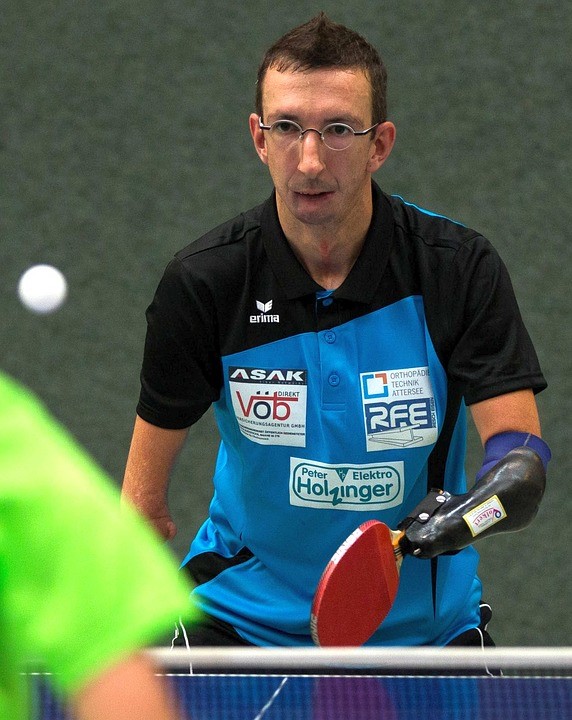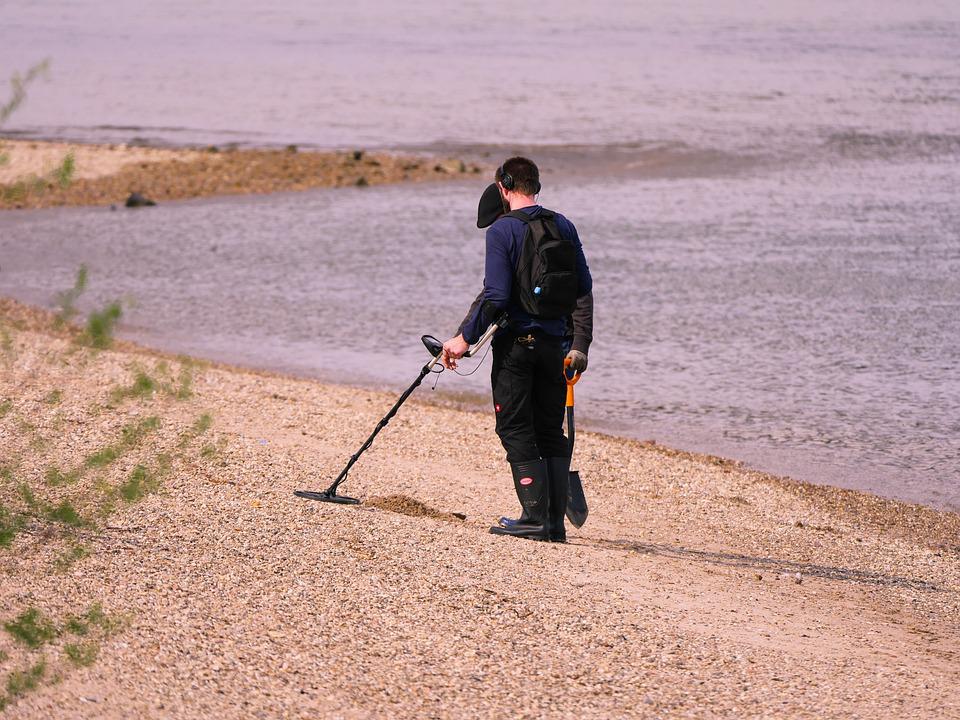 Reducing the amount of waste, we consume is a great way to reduce our environmental impact. Buying local and supporting your community cuts down on energy used in the manufacturing and transporting of goods.
Reducing the amount of waste, we consume is a great way to reduce our environmental impact. Buying local and supporting your community cuts down on energy used in the manufacturing and transporting of goods.
Recycling uses natural resources to turn waste into new products that can be used again. It also creates jobs compared to landfilling.
Reuse
Reusing materials is one of the best ways to reduce your environmental impact. For instance, rather than buying a new pair of jeans, you can donate an old pair to a thrift store or give them to a friend. Similarly, you can recycle plastic shopping bags and repurpose cardboard boxes for other purposes.
Using recycled plastic helps reduce your carbon footprint and the energy used to produce and transport new products. In fact, according to the EPA, recycling 10,000 tons of material creates 36 jobs compared to six jobs from landfilling that same amount (EPA, 2002).
A machine called Protocycler makes desktop 3D printing more sustainable. Essentially, the machine lets makers make their filaments from recycled plastics. It allows them to eliminate waste, significantly reduce costs, and increase creative control. It is achieved by utilizing ReDeTec’s patented technology to process plastic more energy efficiently and at improved levels of quality.
Recycle
The most environmentally preferred way to manage waste is not to create it in the first place – reduce it! Reducing the amount of stuff we throw away helps save landfill space and reduces the energy needed to collect or manufacture raw materials and ship them from wherever they’re made to where they’ll be sold. It also cuts greenhouse gas emissions.
Another excellent way to reduce packaging waste is to buy recycled products (like paper bags, plastic containers, and even old clothes and toys). You can also help by taking reusable bags to the store, using reusable mugs and dishes at work and home, and donating unwanted items to local charities like food banks or crisis centers.
The ReDeTec ProtoCycler recycles plastic pellets and other 3D printing waste material – including supports, raft materials, and obsolete prototypes – into new filaments that can be used in any compatible printer. The machine uses a dual extruder system which allows two different materials to be used simultaneously and eliminates the need to change filament during printing.
Reduce
Much plastic is wasted in 3D printing – support, raft material, failed prints, and old prototypes.
The ProtoCycler has a hand-powered mechanical grinder and an integrated spoiler, so you don’t need additional hardware to create your custom filament. Its revolutionary extrusion technology is based on patented MixFlow. It exposes the plastic to less energy for a shorter time, making it more than three times more efficient than similar devices on the market.
It will also save you 80% of the cost of purchasing filament. It will pay for itself in no time and lower your environmental footprint. The device’s settings are open source, so you can experiment with different materials and combinations of materials to find the best combination for your needs.
Close the Loop
In the short term, Toronto-based startup ReDeTec hopes its ProtoCycler will help 3D printer users lower their ecological footprint by making filament on autopilot. This desktop machine has a built-in grinder, extruder, and spooler that recycles waste plastic from 3D printing (rafting, support material, or obsolete prototypes) or raw virgin plastic pellets into a spool of custom-length filament for use with any printer at a fraction of the cost of buying new spools.
This process is a step towards the circular economy, an alternative to the current linear resource consumption model. A vital goal of the circular economy is to keep products and materials in use by recapturing them at end-of-life for repair, reuse, or recycling. It can be accomplished by designing out waste and pollution, reducing product energy efficiency, using more recycled content, and helping regenerate natural systems. The ProtoCycler+ accomplishes this by grinding up raw plastic or waste, mixing it with hot MixFlow, and melting it into a uniformly gooey mess fed through a brass nozzle and automatically measuring for diameter through two optical diameter sensors.






